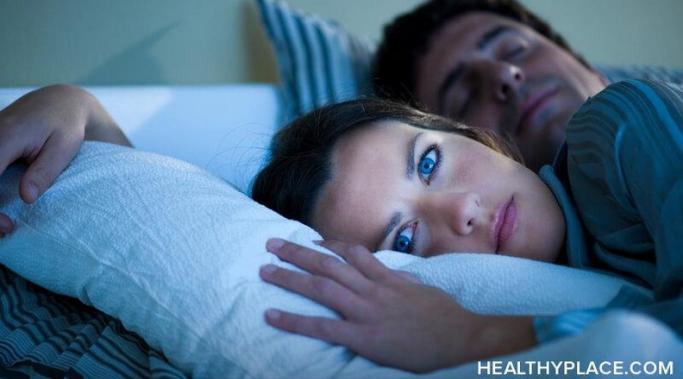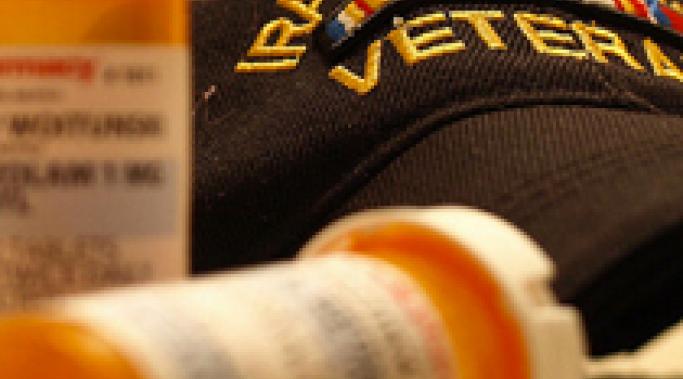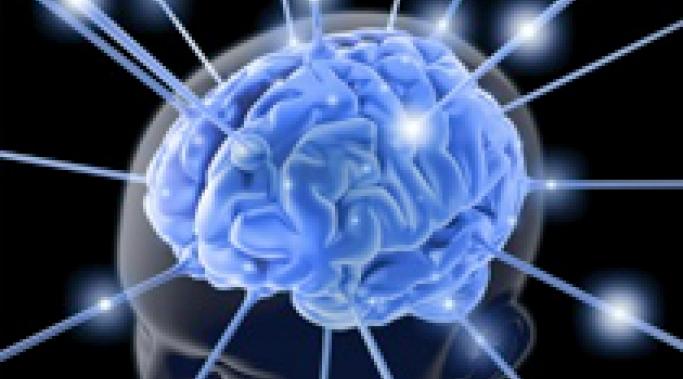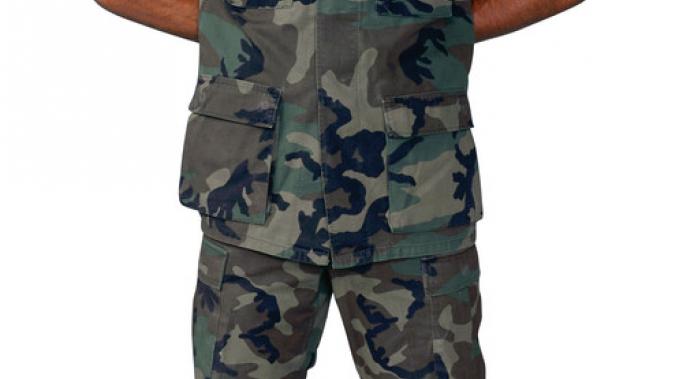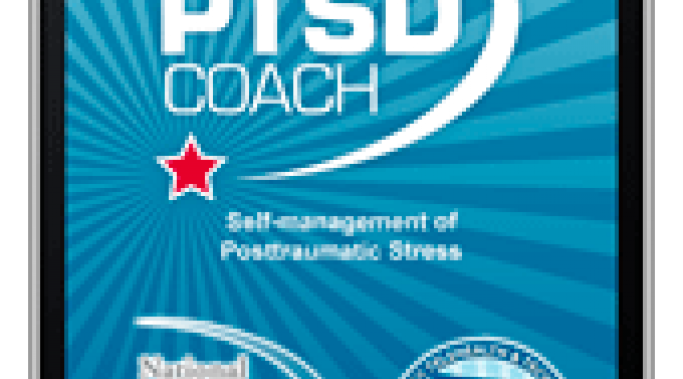There are many reports of veterans using marijuana to deal with the effects of combat-related and other types of posttraumatic stress disorder (PTSD). Users claim that marijuana helps with anxiety and sleep, among other things. But is this true? And is marijuana use risk-free as some seem to think it is? Should marijuana be used to treat combat PTSD?
Combat PTSD Treatment
Sleep disturbances are very common in combat posttraumatic stress disorder (PTSD). In fact, two types of sleep disturbances -- nightmares and insomnia -- are actually diagnostic criteria for PTSD. We’re not sure why PTSD affects sleep so profoundly but research is getting closer to finding out. But can sleep disturbances in combat PTSD be treated and if so, how?
Unfortunately combat posttraumatic stress disorder (PTSD) and substance use disorders go hand-in-hand for many people. In 2008, almost 22% of Veteran’s Administration (VA) patients were also diagnosed with a substance use disorder and in those hospitalized for PTSD, 70% also had a substance use disorder. And research shows that those who are diagnosed with both disorders have poorer long-term outcomes than those who are diagnosed with either one alone.
However, there are treatment process recommendations that can improve the outcomes of combat PTSD and comorbid (co-occurring) substance use disorders.
Returning from a deployment can be challenging in many ways and Vet Centers can help. Vet Centers are there to help combat veterans and their families through counseling, outreach and referrals. If you’re suffering from combat posttraumatic stress disorder (PTSD) or are experiencing other difficulties after returning from deployment, you should definitely look into these services which are always free and confidential.
Like with all mental illnesses, what happens in the brain to cause combat-related posttraumatic stress disorder (PTSD) cannot fully be explained; nevertheless, there are many things that we do know. We do know what parts of the brain are involved in a stress response and we do know what neurotransmitters are involved and the types of medication that can be used to correct some of those systems.
As I’ve mentioned previously, medication and psychotherapy (such as prolonged exposure therapy) both have a place in the treatment of combat posttraumatic stress disorder (PTSD). However, there are additional therapies that can help veterans. One such type of therapy is mindfulness-based. You might have heard of this as mindfulness meditation and you might have thought that meditation wasn’t right for you, but mindfulness is much more than that and a 2013 study shows that veterans found mindfulness-based therapy was accepted by, and effective for, veterans with combat PTSD (more below).
Posttraumatic stress disorder (PTSD) is a problem not just for veterans, but also for people who have experienced other types of trauma such as a natural disaster or an assault. Because of this, many types of therapy have been tried to treat PTSD including alternative therapies.
One such alternative therapy for PTSD is acupuncture. While many consider sticking pins (not technically a needle as it is not typically hollow) in various locations throughout the body to be a fringe practice, there have actually been four randomized controlled trials and two uncontrolled trials on this practice and their results are promising.
Various types of psychotherapy are effective at treating trauma survivors and one type of psychotherapy for combat posttraumatic stress disorder (PTSD) is exposure therapy. Exposure therapy has been well-studied within the military population and involves PTSD survivors re-experiencing their trauma. While this may sound terrible, it’s actually a very effective way of dealing with trauma. Prolonged exposure therapy currently has the best supporting evidence.
A couple of weeks ago, The Daily Show did a piece about Vietnam vets getting denied benefits from the Veteran’s Administration (VA). As usual, The Daily Show piece was irreverent and fun, but like so many of the show’s pieces, it, unfortunately, contained many truthful elements.
It is true that Vietnam veterans with combat PTSD wrongly get denied benefits and it is a travesty. (See The Daily Show clip, below.)
There are many ways to get help for combat posttraumatic stress disorder (PTSD) but one you might not think about is a combat PTSD mobile app. And while there are many apps that aim to help mental health issues, the app I would like to highlight is the PTSD Coach (which is free). The app is created by the United States Department of Veteran’s Affairs National Center for PTSD in partnership with the Department of Defense's National Center for Telehealth and Technology
This combat PTSD app has been downloaded over 100,000 times, so clearly I’m not the only one who really feels it can help. (And, I should say, while designed with combat PTSD in mind; this app is appropriate for anyone suffering from any form of PTSD.)

